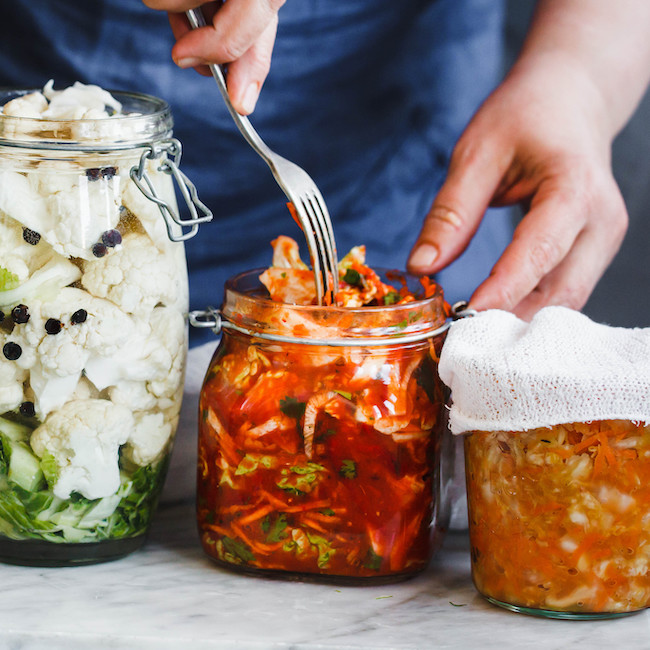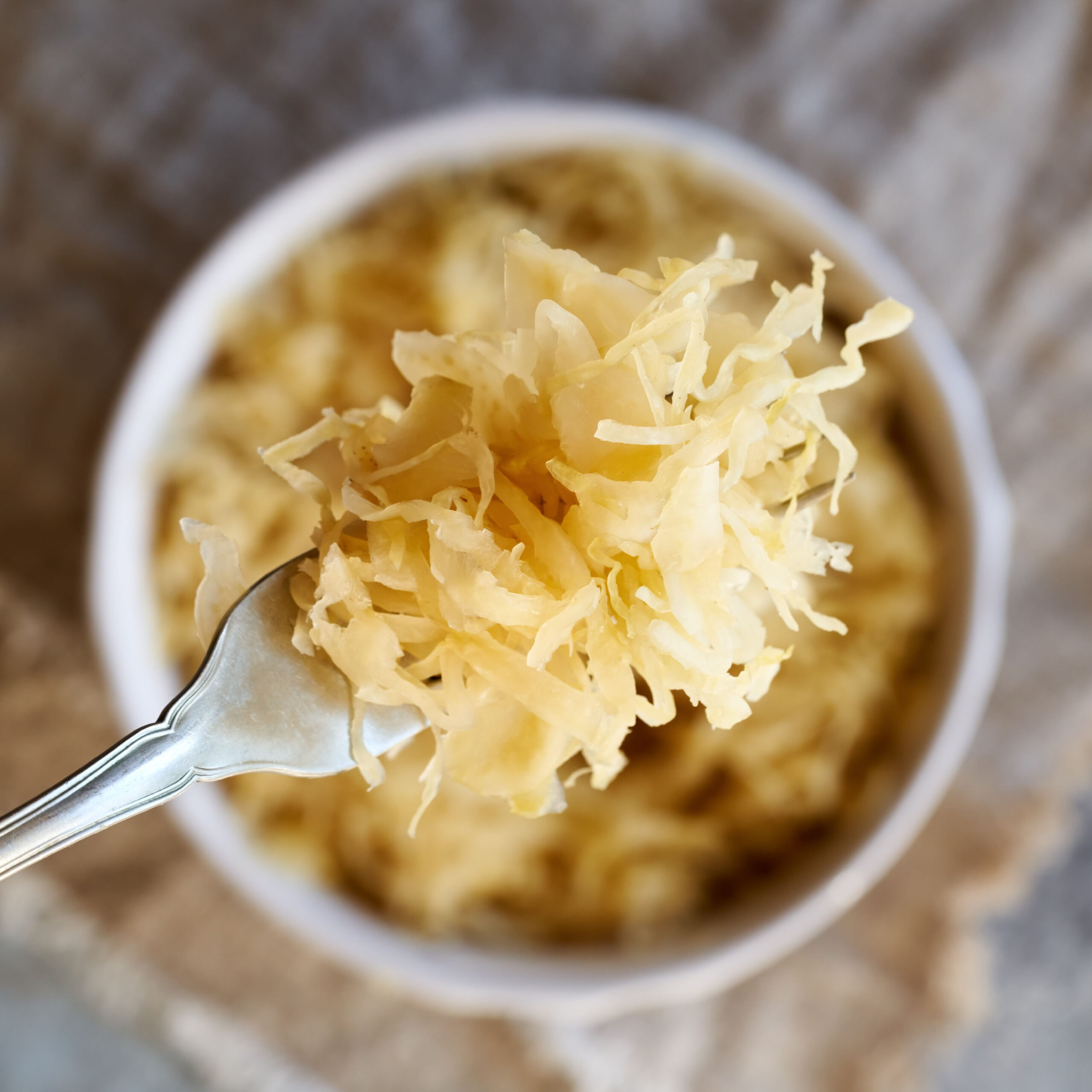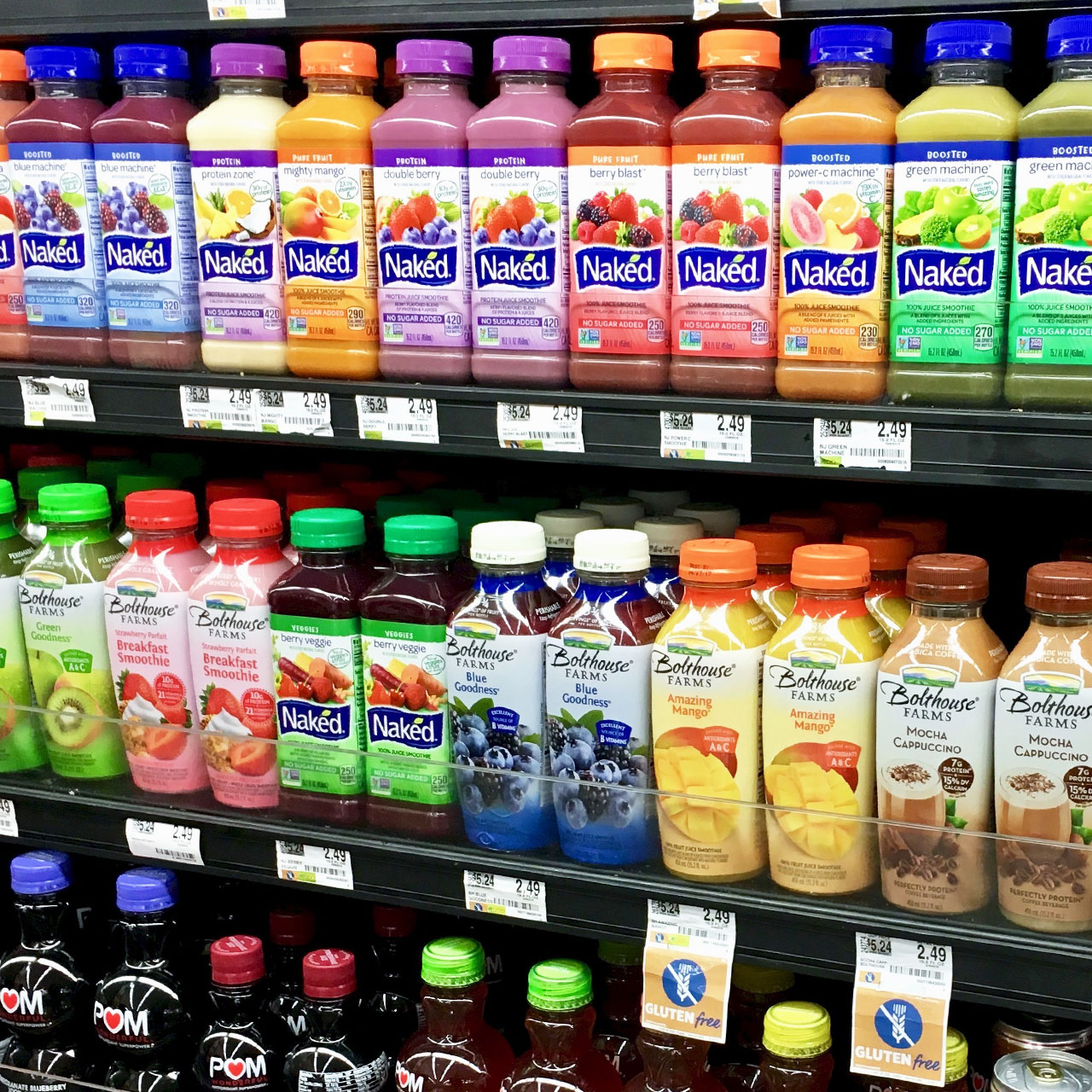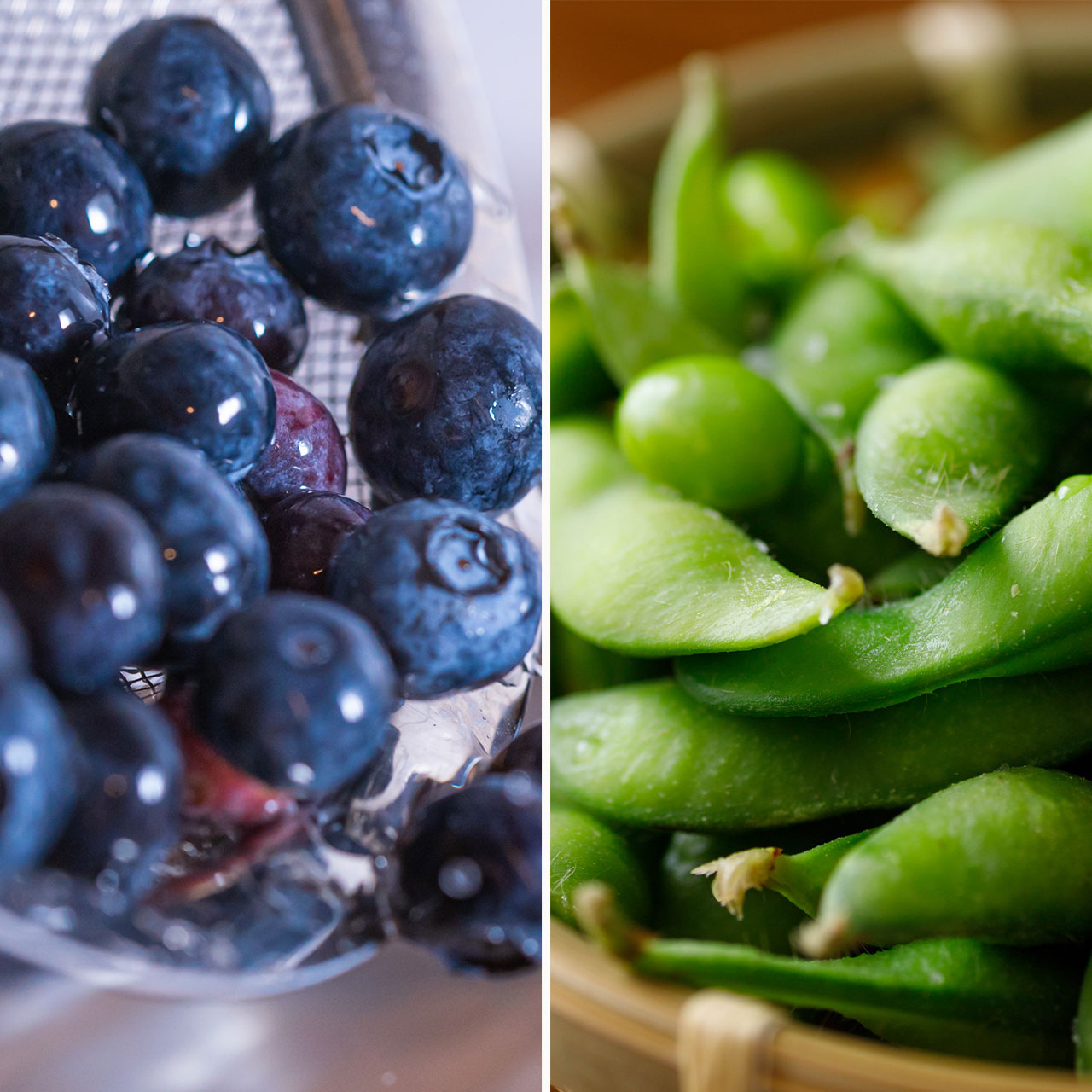This post has been updated since it was originally published on March 26, 2022 to include more expert insight.
Your long-term health is largely in your habits—consistency when it comes to your diet and lifestyle are both ways you can make an investment in your health, live longer, and feel better. While there’s no one size fits all when it comes to a healthy, balanced life, there are some general rules of thumb that can improve your overall health. Much of your internal wellness starts with your diet; eating foods rich in nutrients is the first step and optimal health and a longer life.
As it turns out, one of the most important aspects of your health to care for is your gut health. And according to Dr. Bill Cole, one of the best ways to do that is by adding fermented foods to your diet. We spoke to Dr. Cole to learn more about your gut’s role in your overall health and why eating more fermented foods can be so good for you. Find all of his expert insight below.


Fermented foods for gut health
Your gut health is one of the most important pieces of the wellness puzzle. This is something many of us don’t know much about. Often referred to as "the second brain," the "gut" is a term used to refer to the entire digestive system. "Besides the digestion and absorption of our food and nutrients, research shows that our gut plays a central role in our immune system, hormones, brain function, mood and even our ability to lose weight," says Dr. Bill Cole. "It’s estimated that around 100 trillion microorganisms live in our gut making up our microbiome. These bacteria aid in such things like the synthesis of hormones and neurotransmitters."
It’s important to keep this bacteria—the "good" bacteria—in balance. When you don’t, it can wreak havoc on many functions in the body. For this reason, keeping your gut healthy can be a great way to live a longer life and avoid many health complications.

"It’s estimated that 90% of serotonin, dubbed our 'feel good' hormone, is made in the gut. It’s also estimated that 70-80% of our immune system lies in the gut. The microbiome is composed of a delicate balance between beneficial and opportunistic bacteria. An imbalance in the gut microbiota called dysbiosis has been linked to anxiety, depression, obesity, diabetes and even autoimmune disease," Dr. Cole explains.
Dysbiosis raises your risk of intestinal permeability, also known as leaky gut. "This is where the lining of the gut breaks down allowing for undigested food, bacteria and toxins to flood the bloodstream which can cause inflammation throughout the body," Dr. Cole says.

Inflammation is one thing that can increase premature aging—when experienced at a chronic level, inflammation can cause oxidative stress. Oxidation of the body is like the rusting of metal, it essentially means aging faster than it should. So, it’s important to lead a lifestyle that keeps inflammation at bay.
Luckily, doing just that can be as simple as adding fermented vegetables to your plate. "Because of exposure to things like antibiotics, chlorine, pesticides, and herbicides we can damage the balance of bacteria in our gut. Eating foods like fermented vegetables which are rich in probiotics can help restore a healthy balance to our microbiome," Dr. Cole says.

Paulina Lee, dietitian and creator of Savvy Stummy, seconds this sentiment. "Fermented foods may decrease gut-associated inflammatory signaling, which contributes to inflammation, insulin resistance, blood sugar regulatory problems, poor immunity and other metabolic imbalances," she says.
One that is particularly beneficial is raw sauerkraut. As Dr. Cole notes, "It’s called 'raw' because it hasn’t been pasteurized or cooked, which destroys the beneficial bacteria."
Overall, eating foods that nourish the healthy bacteria in our body is key to reducing inflammation, preventing premature aging, and feeling your best for the long term.
READ MORE: 3 Healthy Habits That Practically Guarantee A Longer Life, According To Experts


























